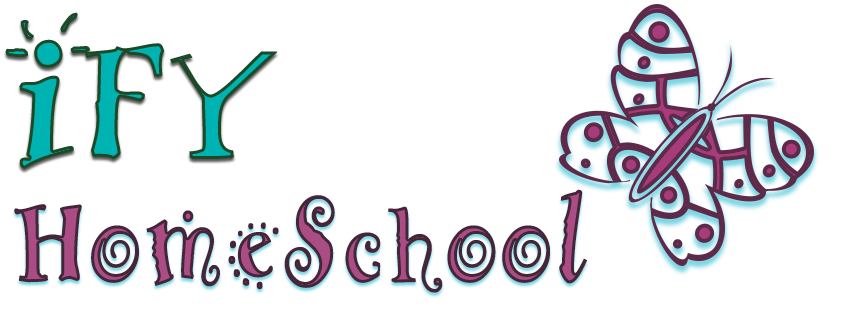US History 1 Study Overview
CLEP US History 1 Detailed Test Info
The History of the United States I: Early Colonization to 1877 exam covers material that is usually taught in the first semester of a two-semester course in United States history. The examination covers the period of United States history from early European colonization to the end of Reconstruction, with the majority of the questions on the period of 1790–1877. In the part covering the seventeenth and eighteenth centuries, emphasis is placed on the English colonies.
Knowledge and Skills Required
Questions on the History of the United States I exam require test takers to demonstrate one or more of the following abilities.
- Identification and description of historical phenomena
- Analysis and interpretation of historical phenomena
- Comparison and contrast of historical phenomena
The subject matter of the History of the United States I exam is drawn from the following topics.
**The percentages next to the main topics indicate the approximate percentage of exam questions on that topic.
Topical Specifications
- 35% Political institutions, political developments, and public policy
- 25% Social developments
- 10% Economic developments
- 15% Cultural and intellectual developments
- 15% Diplomacy and international relations
Chronological Specifications
- 30% 1500–1789
- 70% 1790–1877
The following themes are reflected in a comprehensive introductory survey course:
- The impact of European discovery and colonization upon indigenous societies
- The nature of indigenous societies in North America
- The origins and nature of slavery and resistance
- Immigration and the history of ethnic minorities
- Major movements and individual figures in the history of women and the family
- The development and character of colonial societies
- British relations with the Atlantic colonies of North America
- The changing role of religion in American society
- The content of the Constitution and its amendments, and their interpretation by the Supreme Court
- The development and expansion of participatory democracy
- The growth of and changes in political parties
- The changing role of government in American life
- The intellectual and political expressions of nationalism
- Major movements and individual figures in the history of American literature, art, and popular culture
- Abolitionism and reform movements
- Long term democratic trends (immigration and internal migration)
- The motivations for and character of American expansionism
- The process of economic growth and development
- The causes and impacts of major wars in United States history
